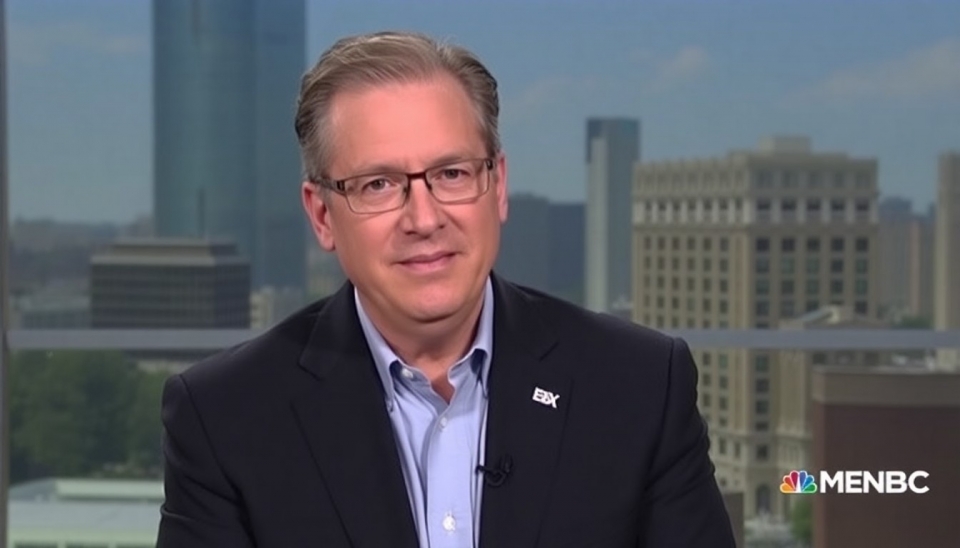
In a bold move that has sent ripples through the financial and tech sectors, Michael Saylor, the CEO of MicroStrategy, has doubled down on his company's investment in Bitcoin. This strategic decision is not just limited to Saylor; it is starting to inspire a wave of "copycat" CEOs who are looking to replicate his audacious play in the cryptocurrency market.
Earlier this month, Saylor announced that MicroStrategy had acquired an additional 1,700 Bitcoin, bringing the company's total holdings to a staggering 132,500 BTC. This massive accumulation, worth billions of dollars, is part of Saylor's long-term vision of adopting Bitcoin as a primary treasury reserve asset. This strategy emphasizes the belief that Bitcoin will outlast traditional fiat currencies, heralding a new era of digital finance.
The timing of this accumulation is particularly noteworthy. As global economies face mounting inflation and currency devaluation, Saylor posits that Bitcoin represents a hedge against these economic fears. In interviews, he has articulated his view that Bitcoin's scarcity and decentralized nature make it a superior asset for safeguarding wealth compared to gold or traditional government-backed currencies.
His confidence in Bitcoin has inspired other corporate leaders to consider similar paths. Companies such as Tesla and Square have also made headlines with their own Bitcoin acquisitions. However, Saylor's aggressive stance—marked by continuous purchases—has set a new benchmark in the corporate world for cryptocurrency investment. This trend raises the question: are we witnessing the dawn of a new type of corporate finance model?
As other CEOs evaluate their asset portfolios in light of Saylor's strategy, several are beginning to explore whether investing in Bitcoin could provide strategic advantages. Some analysts suggest that as more companies move into the crypto space, it could lead to broader acceptance and normalization of cryptocurrencies as a legitimate asset class for corporate balance sheets.
The ripple effect of Saylor's Bitcoin gambit could potentially reshape the landscape of corporate finance. Should other executives follow in his footsteps, the implications for market volatility, regulatory scrutiny, and asset valuation will be profound. Furthermore, this could create an environment where traditional hedge funds reflect on their asset strategies as the younger generation of shareholders increasingly values cryptocurrency.
The fervor surrounding Bitcoin is palpable, and as pricing fluctuates, both excitement and caution are acutely felt across the corporate boardrooms. Saylor’s relentless enthusiasm and strategic foresight may have unlocked a new avenue for capital investment that corporate leaders cannot afford to ignore. Whether this movement towards cryptocurrency will be a mere trend or a seismic shift remains to be seen.
As the Bitcoin narrative unfolds, Saylor’s role will be scrutinized closely. Will he be celebrated as a visionary, or will the risks associated with cryptocurrency investments ultimately overshadow his efforts? As we monitor the developments, one thing is certain: the influence of Michael Saylor's investment strategy is likely to be felt for years to come.
In summary, Michael Saylor's bold investment in Bitcoin has not only solidified his position at the forefront of the tech industry's crypto movement but has also sparked a wider trend among CEOs contemplating the merits of virtual currencies as a secure and strategic financial asset.
#MichaelSaylor #Bitcoin #MicroStrategy #CryptoInvesting #CorporateFinance #DigitalAssets #CopycatCEOs #FinancialInnovation
Author: Michael Turner




